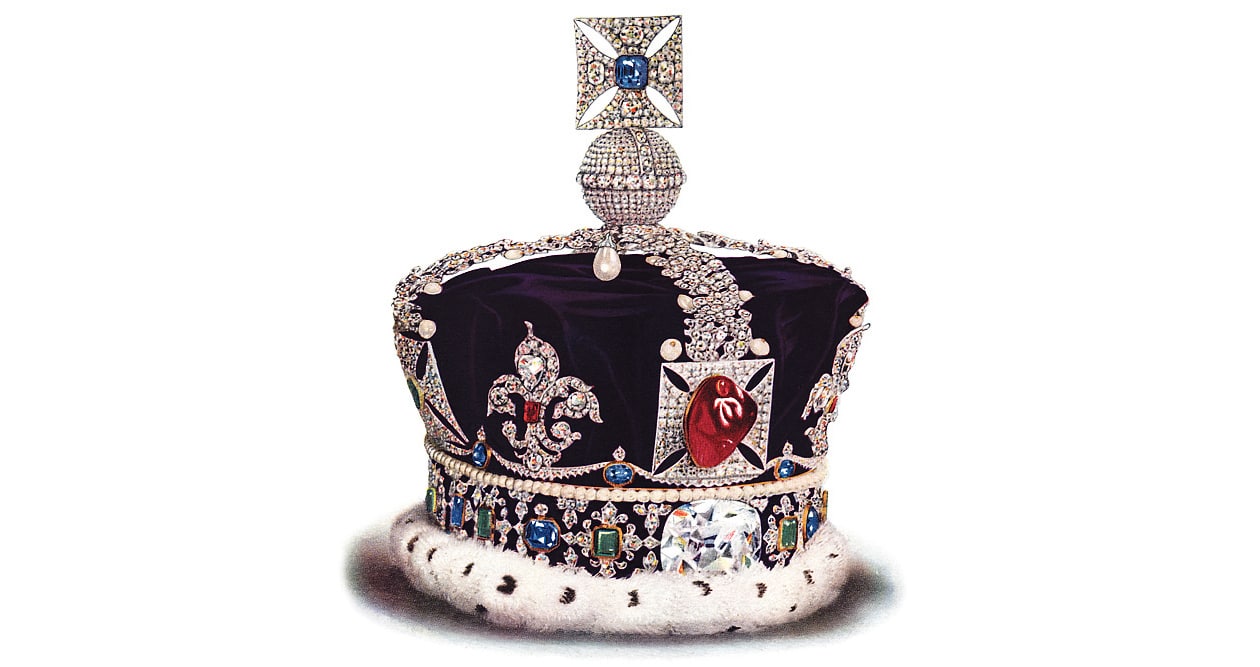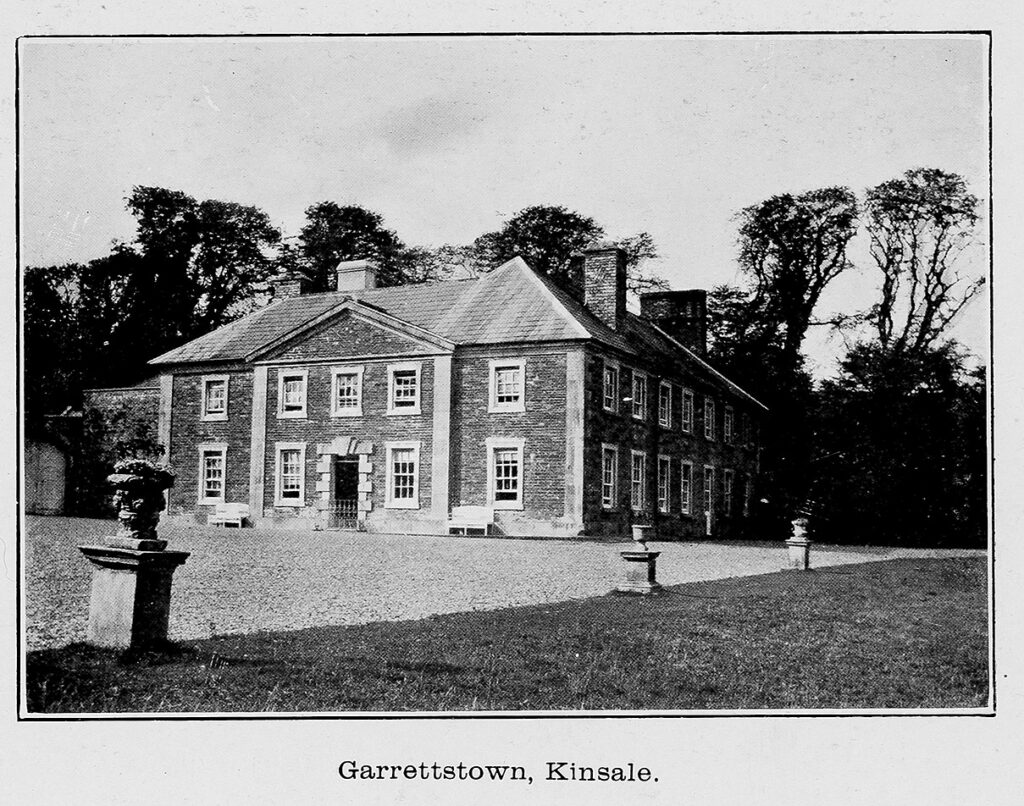
Like so many other things that have been postponed; premiership matches, flights into Heathrow and even postal and train strikes in England, I’m afraid my follow-up article of the civil war in Russia also has been hit by the death of Queen Elizabeth, the monarch of Great Britain, (and postponed until next month). I have not deferred the article out of deference to the monarchy. On the contrary the whole episode has spurred me to examine the hysteria around the event and pose the question that others may think but dare not ask – is it time to call an end to the remaining monarchies in Europe?
I wish to preface my article by saying of course it is not only neighbourly, but politically and diplomatically correct to pay one’s respects to the ‘head of state’ of the UK, in this case Queen Elizabeth. It is normal protocol for states to do this. Eamonn De Valera, of course took this to an extreme level in 1945 when he signed the book of condolences in the German embassy in Dublin upon the death of their head of state – one Adolf Hitler. More importantly, if Ireland is genuine about reconciliation between the unionists of the North and nationalism, then mutual respect is essential.
To understand the relevance of monarchies, one must unlock a concept as old as the word itself – tradition. ‘Tradition’ is a tremendous word. One only has to insert it into a sentence, and magically, it can be used to legitimise anything. It is frequently and ubiquitously employed to defend practices and peoples, even if the tradition itself is outdated, unsavoury and even unethical. I want to challenge the ‘tradition’ of monarchy in this article.
Let us examine the roots of a royal bloodline since the inception of monarchies. To put it concisely, it was conceived by warlords waging war, winning vast territories of land and influence: This was in order to maintain their power and prestige, the land which would evolve into kingdoms, which in turn were kept in the family by forms of nepotism and hereditary inheritance. Another way of doing it was to marry off a son or daughter with a powerful rival family, thereby preserving the peace and status quo. Over the centuries this practice led to an elite number of families across Europe, who would go on to be all interconnected, thereby maintaining a self-conceived ‘royal’ blood line. Just below them were their aristocratic pals who, for equally mouthwatering estates, power and prestige, helped keep the commoner, yes, you and me, in tow. The word aristocrat itself is derived from the Greek term ‘aristokratia’, meaning best, and ‘kratos’, meaning rule. These self-styled ‘best rulers’ were part of the royal machine, that was designed to enslave the majority of people to preserve their own wealth and power.
Preserving the monarchy is to preserve a blood line that has risen to the top through force and corruption, and not through meritocracy or popular consent. Preserving the monarchy because of tradition and the ancestral royal blood line, is to accept the charlatans and despots who brought us to the branch of the current House of Windsor. Surely in the 21st century it should be discontinued and not hailed, as it is in the UK. It is time to tell the world, the ‘Emperor has no clothes’.
The royal blood line can go back, rather circuitously, from the Normans period up to monarchs, which included despots like Edward III and murderers like Henry VIII. Their current bloodline lends itself more to German than French ancestry. Let us start with King George I and King George II who both reigned in the 18th century. Both were born in Germany and spoke German as their first language because of the aforementioned system. George III, born in England, was the monarch who tried to suppress the birth of democracy in the USA during an era when England’s own piecemeal democracy was still in the hands of the king. Despite his growing insanity, which led to unhinged decision making, he could not be ‘dismissed’ from his post because, well, because he was king. In 1829, George IV was forced by his ministers, much against his will and his interpretation of his coronation oath, to grant Catholic emancipation. His sectarian and prejudicial viewpoints would have kept the Catholics of Ireland and the UK voiceless for another generation. Queen Victoria, sometimes dubbed the ‘famine queen’, presided over a Tory government who allowed millions to die in Ireland. She had the constitutional right to dismiss her government (even stronger in that era) but failed to do so. Two years into the famine, the first monarch to be called ‘Empress of India’, donated a modest 2,000 pounds from someone with her personal wealth. This of course caused problems for other donors. When the Sultan of Turkey, Abdülmecid tried to donate 10,000 pounds a few weeks later, he was told through diplomatic channels that to donate more than Victoria’s would be seen in a poor light, and consequently gave 1,000 pounds. Unfortunately, less money was offered by other donors too because Victoria’s ceiling was too low. Many more would die.
At the beginning of the twentieth century, leaders, Tzar Nicholas II of Russia, Kaiser Wilhelm II of Germany and King George V of England reigned over the most powerful nations on earth. The three men were first cousins. The resemblance between Nicholas and George in particular in uncanny if you look them up on line. These three men owned hundreds of thousand acres of land between them, controlled millions of subjects and had more money that most of their ‘common subjects’ put together. For all their influence, World War one not only happened on their watch, but also in part because of their feudal belief in their right for expansion and rule. In 1917 King George V issued a proclamation relinquishing the use of their German family, ‘Saxe-Coburg and Gotha’, to a more acceptable and less Germanic sounding, ‘House of Windsor’, superficially disguising just how intermarried the great powers were. The bloodline royal tradition was kept intact when Elizabeth married her third cousin Philip. Her grandson, Harry, who subsequently married a commoner, and a woman of colour, has as most of know, led to his self-exile. You only have to look at the disgraced prince Andrew to know that the ‘royal’ tag can be used as a ‘get of jail’ card.
Yet the crux of a monarchy is, more deep rooted than just a historical tradition. In 1993, the Tory Government under John Major, passed legislation, which means the 600 million pound inheritance that King Charles is due, cannot be taxed. Every other poor subject must pay their inheritance tax however. This is in a time where his majesty’s subjects, cannot pay electricity bills, and a whole generation of British youths cannot afford a roof over their heads. The total cost of wage bill for Elizabeth’s funeral at six million pounds, is the most expensive in the history of the state, at a time when a burial allowance in the UK, if you are eligible mind you, is a paltry 700 pounds. Yet those who want to uphold the myth of royalty, also want us to believe that somehow she was different to the rest because she could have a joke with a fishmonger, and speak with a commoner. Her defenders will say she is an a-political leader and a mere symbol of the government. Yet she was able to bestow tributes each year of her reign, decorating subjects with titles and honours. In 1973, Queen Elizabeth decorated Lt Col Derek Wilford with on OBE. He is of course the man who commanded the paratroopers in Derry, on the day of the Bloody Sunday killings. No apology or retraction ever came, even in light of all that emerged since.
But the most sinister aspect of all emerged in the days after, during the proclamation of King Charles III. One bystander was arrested when he said to a small number around him, ‘who elected you?’ Another was taken into custody for writing the words, ‘not my King’ at a royal assembly. Even more despotic, was when a solicitor, who became concerned at this sudden restriction of the freedom of speech was taken into custody for simply holding a blank piece of paper, and merely threatened to write, ‘not my King’, on it. Only after these and other stories emerged in the media, did the arrests stop, but it’s a damning indictment of the elites and royal sympathisers continuing to rule with impunity even in the 21st century.
In 1977, the underground counter revolutionary movement was in full swing. The Sex Pistols sang, (shouted) their way into the minds and hearts of the disempowered younger British generation. One of their tops hits that boomed across the airwaves was a track entitled ‘God Save the Queen’. Johnny Rotten the lead singer, belted out the lines, ‘God save the Queen, The fascist regime…there’s no future for you, there’s no future’. He was wrong. Fifty years on, the monarchy is very much alive. What has changed, is that Johnny Rotten would not get airplay for those words today in modern England. He might even get arrested for threatening to write them up on a blank piece of paper at a concert. Free speech needs to be protected, not a dated, anachronistic tradition that has taken more than it has ever given.
*I have been invited to give a talk at the monthly Spoken Word event, in De Barras October 25 at 8pm. The topic is about the language and symbolism on Cork Civil War monuments, and the power of commemoration on our collective psyche.


